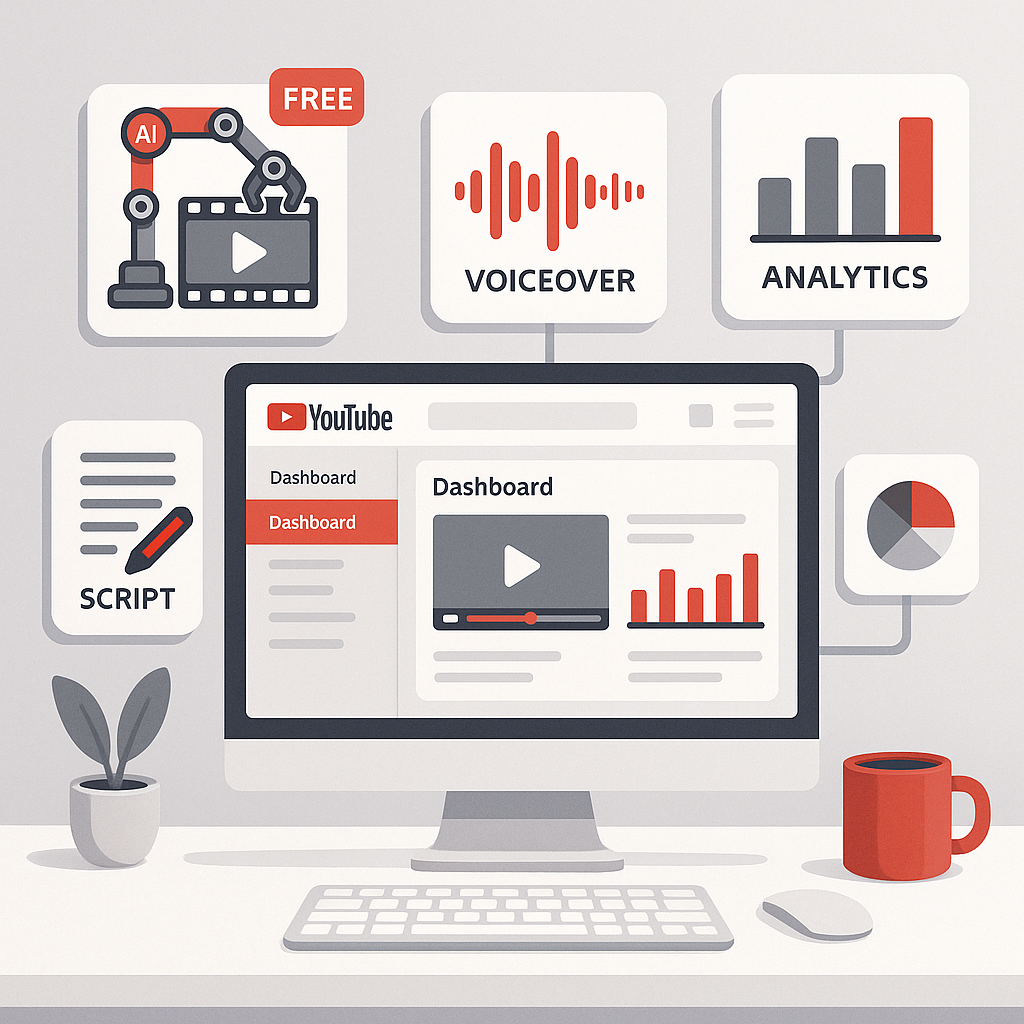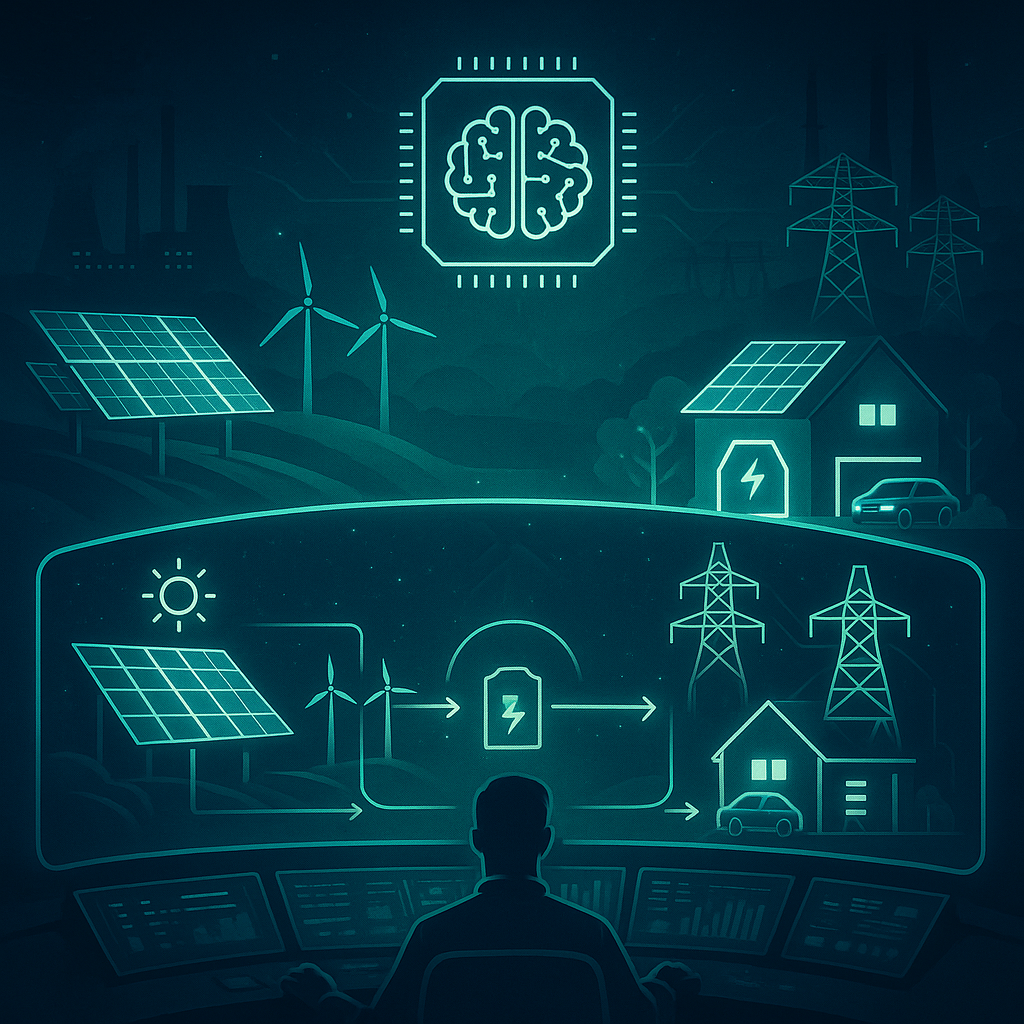Artificial Intelligence (AI) is no longer just a buzzword in the world of technology; it has permeated various industries, and one of the most significant transformations is happening in the Canadian real estate sector. The integration of AI is reshaping how properties are bought, sold, and managed, offering a new era of precision, efficiency, and market insight. The Canadian real estate market, traditionally reliant on manual processes and historical data for forecasting, is now moving toward a more data-driven, automated, and customer-centric approach. This article explores the unprecedented advancements that AI is bringing to Canadian real estate, highlighting key applications, emerging trends, challenges, and the future potential of AI in the industry.
The Traditional Canadian Real Estate Landscape
Traditionally, Canadian real estate transactions were marked by long, labor-intensive processes. Buyers and sellers relied heavily on real estate agents to navigate the complexities of the market, often leading to inefficiencies. Property valuations were often based on limited data, and home searches required significant amounts of time, effort, and personal interaction. The reliance on historical sales data and regional trends, while useful, could not fully capture the dynamic shifts in the market. With technology, such as AI, now entering the picture, these processes are undergoing dramatic changes, enhancing accuracy and accessibility while reducing the inherent complexities.
AI-Driven Property Valuations: A Game Changer for Buyers, Sellers, and Lenders
One of the most notable impacts of AI in Canadian real estate is the revolution of property valuations. Historically, determining property values required input from local real estate professionals who relied on comparative market analysis (CMA) based on limited and often outdated data. AI, particularly through machine learning algorithms, has changed this by analyzing massive datasets that include historical sales, neighborhood trends, local infrastructure developments, and even social sentiment indicators.
By harnessing vast amounts of data, AI systems can now produce accurate property valuations in real-time, providing both buyers and sellers with a more comprehensive understanding of property worth. This not only ensures fairer pricing but also helps buyers make more informed decisions. For lenders, AI-powered valuations reduce the risk associated with mortgage approvals, allowing for quicker and more secure transactions. This has led to greater efficiency in the mortgage process, with fewer instances of financial institutions making inaccurate decisions based on unreliable or insufficient data.
AI-Powered Home Search Tools: Streamlining the Buyer Experience
Another area where AI is making a tremendous impact is in the home search process. Traditional home-buying experiences involved endless browsing through listings, contacting agents, and attending numerous property viewings. With the advent of AI, this process is now more streamlined and personalized.
AI-powered virtual assistants and chatbots guide potential buyers through tailored property recommendations based on their specific preferences. These systems gather information such as budget, desired location, size of the property, and amenities, and then suggest suitable listings based on this data. Moreover, AI is also playing a crucial role in refining search algorithms to offer more relevant results and recommendations, ensuring that buyers can quickly find the properties they are most likely to be interested in.
Image recognition technology, another advancement driven by AI, is further improving the home search experience. Using machine learning, AI systems can analyze photos and videos of properties to automatically categorize them and match them with user preferences. For instance, an AI system might identify a particular type of flooring, kitchen layout, or exterior design that fits within a buyer’s criteria, significantly reducing the time spent manually sifting through listings.
Predictive Analytics: The Power of Forecasting Market Trends
Perhaps one of the most exciting and groundbreaking applications of AI in Canadian real estate is its role in predictive analytics. The real estate market is notoriously volatile, with fluctuations influenced by factors such as interest rates, economic trends, local developments, and population shifts. Predictive analytics uses AI and machine learning to analyze these variables in real-time and predict future market trends with exceptional accuracy.
For developers and investors, AI offers valuable insights into which neighborhoods are poised for growth, which property types will be in demand in the coming years, and even the potential effects of major city infrastructure projects. For instance, if a new transit line is being planned in a particular area, AI systems can analyze patterns in property values, local demand, and regional economic trends to project how this development might affect the area’s real estate market.
The predictive capabilities of AI are crucial for navigating Canada’s regional disparities, where markets can behave differently in urban and rural settings. A housing market in Toronto may behave very differently from one in smaller towns in British Columbia, and AI systems are able to forecast these variations, allowing investors and developers to make data-driven decisions.
AI and Market Transparency: Ensuring Fair and Equal Opportunities
Transparency in the real estate market has long been a concern, with issues related to pricing, sales practices, and accessibility to market data. AI is improving market transparency by providing more accessible, consistent, and accurate data for all parties involved in real estate transactions.
Blockchain technology, which is often integrated with AI tools, is enhancing transparency further. By using blockchain, every real estate transaction can be recorded in an immutable ledger, reducing fraud and increasing trust among buyers, sellers, and investors. Smart contracts, another blockchain-related innovation, automate transactions, ensuring that once conditions are met, deals are executed without requiring intermediaries. This reduces human error and makes the transaction process more secure and efficient.
Challenges and Considerations in AI Integration
While the potential for AI in Canadian real estate is immense, there are challenges that need to be addressed to ensure its successful integration. One of the biggest concerns surrounding AI and big data is the issue of data privacy. Real estate transactions and personal data are highly sensitive, and it’s crucial that AI systems handle this information securely. Ensuring compliance with Canadian privacy laws, such as the Personal Information Protection and Electronic Documents Act (PIPEDA), will be essential to avoid potential legal issues and breaches of trust.
Additionally, AI systems are only as good as the data they are trained on. If the data used to train an AI model is incomplete or biased, the results it produces could be skewed, leading to inaccurate property valuations or faulty market predictions. Algorithmic bias in AI models is a growing concern, and real estate professionals must ensure that their AI systems are transparent, fair, and accountable in their operations.
Moreover, the rapid pace of AI development raises concerns about the future role of human professionals in the real estate market. While AI tools undoubtedly enhance the decision-making process, human judgment will still be necessary to navigate the complexities of the real estate market, negotiate deals, and provide personalized services to clients.
The Future of AI in Canadian Real Estate: What’s Next?
As AI continues to evolve, its potential to revolutionize Canadian real estate is far from being fully realized. Looking ahead, several promising developments are on the horizon:
- AI-Driven Smart Homes: AI will continue to enhance smart home technology by optimizing energy consumption, improving security features, and increasing home automation. Through IoT (Internet of Things) integration, homes will become more energy-efficient, providing a better living experience while also aligning with sustainability goals.
- AI in Urban Planning: Cities like Toronto, Vancouver, and Montreal will benefit from AI-driven urban planning tools that allow for more effective allocation of resources, transportation planning, and sustainable infrastructure development. AI will play a key role in making cities more resilient to climate change by optimizing resource usage and reducing environmental impact.
- Enhanced Real Estate Investment Strategies: AI will also change the way investors approach real estate by enabling data-driven strategies. Through AI’s predictive analytics, investors will be able to identify high-growth markets, assess property risks, and forecast long-term investment returns with unparalleled accuracy.
Conclusion: AI and the Future of Canadian Real Estate
AI is already having a profound impact on Canadian real estate, offering numerous benefits ranging from more accurate property valuations to enhanced transparency and smarter investment decisions. As technology continues to evolve, its role in the real estate market will only increase, leading to a more efficient, transparent, and personalized experience for buyers, sellers, and investors alike.
However, for AI to reach its full potential in the Canadian real estate market, stakeholders must address concerns related to data privacy, algorithmic fairness, and the future role of human professionals. With the right regulatory frameworks and continuous innovation, AI has the power to redefine the real estate industry and create new opportunities for all involved. The future of Canadian real estate, driven by AI, is one of unprecedented efficiency, transparency, and opportunity.



